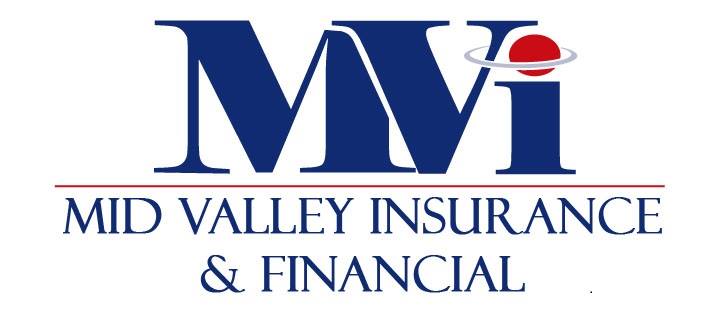If you have been following the proposed legislation regarding Michigan’s No-Fault auto insurance, you have to be asking yourself, what does this really mean to me as a policy holder? I’m here to spell out how the PROPOSED legislation will impact your coverage as well as your pocket book.
Immediately, the proposed bill would offer you a choice of coverage for you PIP(Personal Injury Protection) This is the portion of your policy that covers medical costs that come from auto related injuries. The bill is proposing an immediate reduction of 10% on the current Unlimited PIP package. Currently, everyone has unlimited care for auto related injuries. Under this new bill, the insurance companies would be able to offer the consumer coverage options regarding their PIP. With these options, the consumer would be able to pick a MAXIMUM amount of coverage they would to be insured for. Those options are $50,000, $250,000, $500,000, and Unlimited. This could provide consumers with a significant savings on their auto insurance policies!
The cost savings that are being proposed do come at a cost though; This bill is giving consumers a choice, which is great. Even though your price will decrease, the amount of coverage that you receive will decrease significantly as well. Giving consumers a choice is great, no doubt. However, all they are doing to lower the price is cut coverage. Some people will love this, others will hate it. That’s what makes this bill beneficial: it can appease more people!
The single most important part of this bill in my opinion is the fee schedule that will now be implemented. Currently, if you go into an Emergency Room for care, one of the first questions they ask is, “Is this injury due to an auto related accident?” Do you know why they ask that? Simply put, they will charge your auto insurance provider 4-7 times more for that same care if you answer yes compared to if you answer no. This will no longer be the case under the proposed legislation. There will be a schedule that is very similar to the Worker’s Compensation schedule or the Medicare schedule. This means that there is a set amount that the auto insurance providers will pay for each type of care that was provided. Under the current proposed legislation, hospitals will still be able to over-charge to the turn of 200-240% of the Medicare reimbursement rate. This is still a huge issue, in my opinion. Why should hospitals be able to charge more for the same treatment? This is a huge area for improvement and I hope this is something that they continue to look at.
There also is a revision to the minimum bodily injury liability limits that the State of Michigan requires. Currently, you are required to carry $20,000/$40,000 limits. This means if you do bodily injury to someone else and they sue you, your auto insurance policy will be up to $20,000 per person involved up to a maximum of $40,000 per occurrence. Under the new legislation, the state minimum limits will be $50,000/$100,000. This, too, will come with added costs. The insurance companies are not able to offer more coverage for less money than what they currently offer.
Another major revision to the law is proposing the elimination of zip code based rating. The legislation that has been proposed states that no insurer will be able to rate a policy using the zip code in which they live as a price driven factor. However, they still allow the insurers to use territory based rating. What is the difference? In all honesty, there will be very little to any effect on pricing with this change. The companies will still bunch certain zip codes into territories and adjust their price accordingly. For example, Wayne County may be lumped as one territory and Saginaw County will be bunched together as another. The insurance companies are still able to offer different prices to people in Saginaw County compared to people in Wayne County. I foresee very little, if any change in premium due to this portion of the proposed law change.
For people who are expecting these changes to be implemented quickly, I encourage you to be patient. Once all parties have signed the bill, it has to be sent to lawyers to be drawn up. This process will inevitably take time. Once the bill is drawn up and deemed to be legal, it is then passed on to the insurance providers. They have to file rates directly with the Department of Insurance and Financial Services who approves them and then they go into effect. It is my understanding that this whole process could take well over a year. Don’t expect immediate results!
This bill is a step in the right direction towards auto insurance reform. There are still plenty of areas for concern and fraud to be prevalent. If they don’t address those issues, the price savings will be very short lived.
